
From protein packed yogurts to shakes, bars, and even chips, meat, men are consuming more protein than ever. While protein is essential, the overconsumption trend may be causing unexpected issues. Gut discomfort, bloating, and digestive sluggishness are on the rise. It’s time to look deeper into how too much protein could be working against your wellness goals.
Gut Health Doesn’t Like Overload
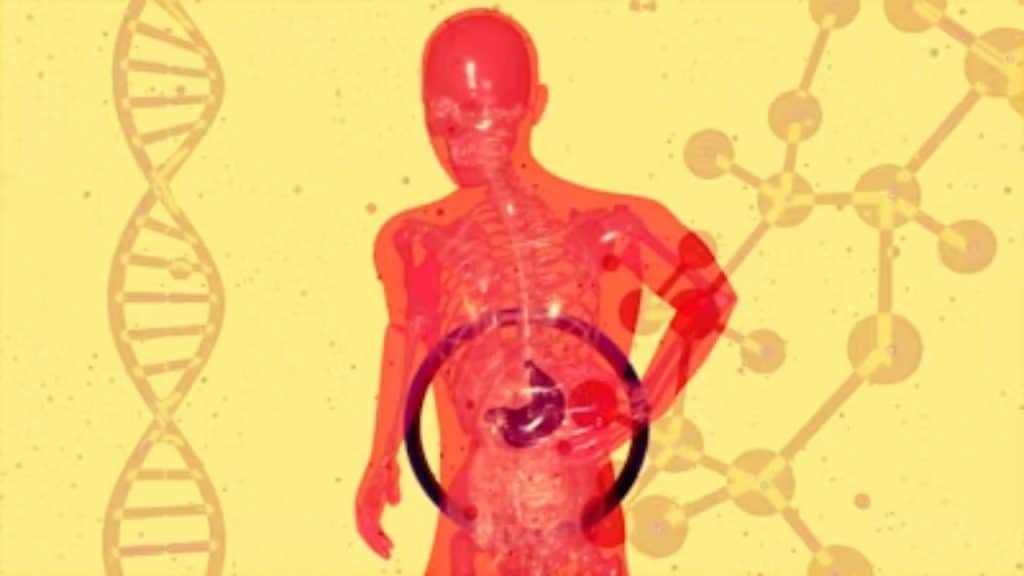
The gut thrives on balance, and too much protein can throw things off. High protein diets often reduce fiber intake, which harms beneficial gut bacteria. This can lead to bloating, constipation, and an imbalanced microbiome. A healthy gut needs variety, not just protein dominance.
Constipation Is a Silent Signal

Protein heavy diets usually lack fiber, which your gut needs to move things along. Men often unknowingly cut carbs and grains while increasing protein. This trade off leads to slower digestion and constipation. A high protein plan without fiber is like a gym without weights, it doesn’t work well.
Protein Takes Longer to Digest

Unlike carbs, protein is slow to break down in the stomach. This can leave you feeling overly full, sluggish, or bloated. If you feel heavy after every meal, your protein load might be too much. Digestive strain can wear on your body over time.
Gas Isn’t Just from Beans

Some protein sources like whey or eggs can cause excessive gas for certain men. This is especially true when gut bacteria are out of balance. If you’re experiencing foul smelling gas, your gut may be struggling with digestion. Don’t just blame beans, look at your supplements.
Protein Powders May Include Gut Offenders
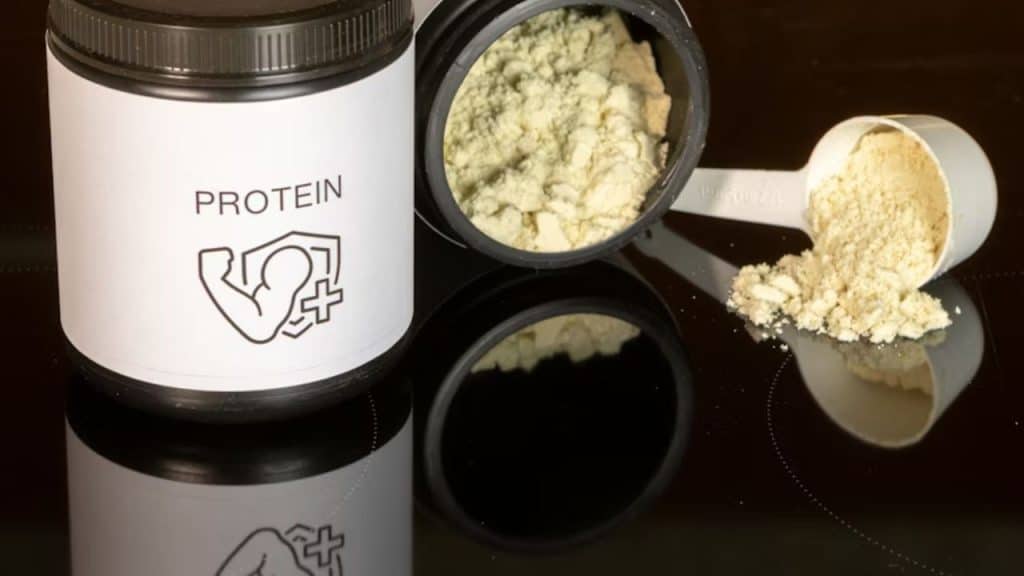
Many powders contain artificial sweeteners, emulsifiers, or sugar alcohols that disrupt gut health. These ingredients can trigger bloating, diarrhea, or inflammation. Clean protein sources matter as much as the protein amount. Always read the label, less is more.
Overdoing Animal Protein Can Cause Inflammation
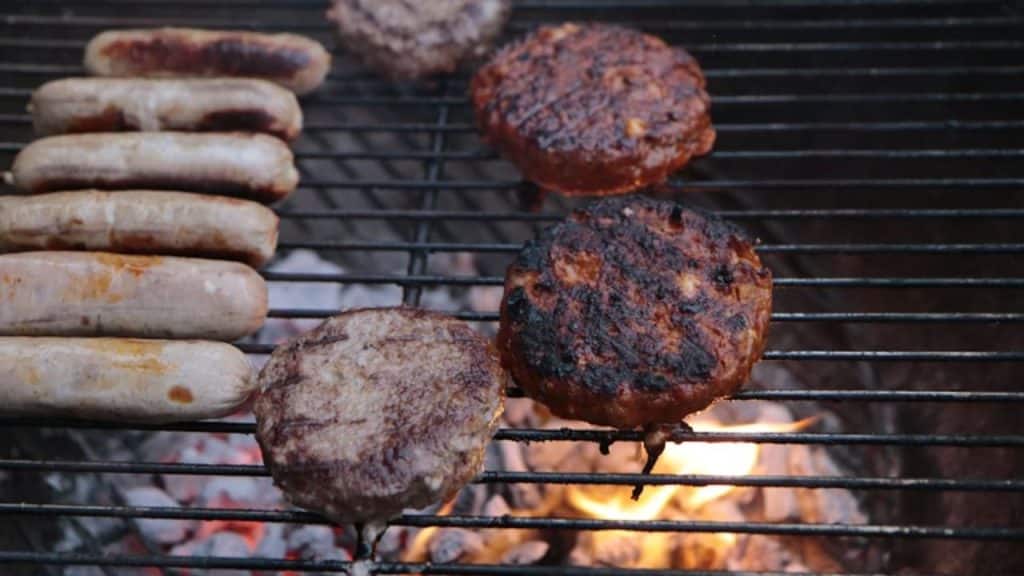
Diets overloaded with red meat or processed meat raise gut inflammation markers. This can worsen existing conditions like IBS or trigger discomfort. Men trying to build muscle might unknowingly be building inflammation too. Balance with plant based meals is key.
Your Gut Bacteria Love Plants, Not Just Protein
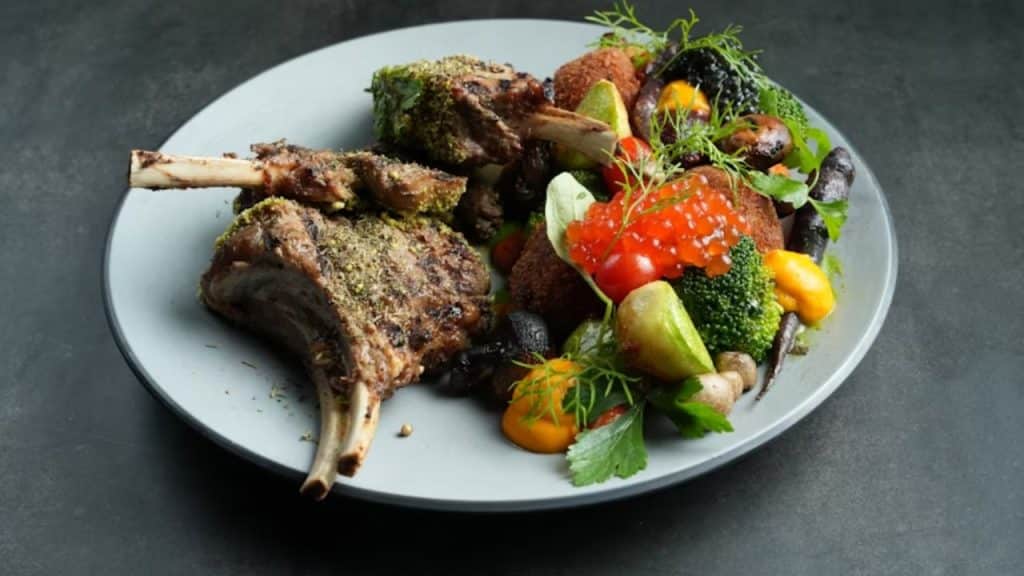
Gut microbes feed on fiber rich plants, not protein isolates. Diets rich in plant variety support digestion, mood, and immune strength. If your plate is mostly meat and powders, your gut bacteria might be starving. Diversity fuels better absorption and resilience.
Protein Bars Are Often Just Candy with Marketing

Many bars labeled as “high protein” are filled with syrups, additives, and gums. These ingredients can cause gut irritation and provide little nutritional value. Just because it’s high protein doesn’t mean it’s high quality. Clean eating means minimal ingredients.
High Protein Can Crowd Out Hydration

Protein metabolism requires more water to process. Without proper hydration, digestion slows and toxins build up. If you’ve ramped up protein but haven’t adjusted your water intake, your gut might be suffering. Drink more than usual to support protein breakdown.
Undigested Protein Can Feed the Wrong Bacteria
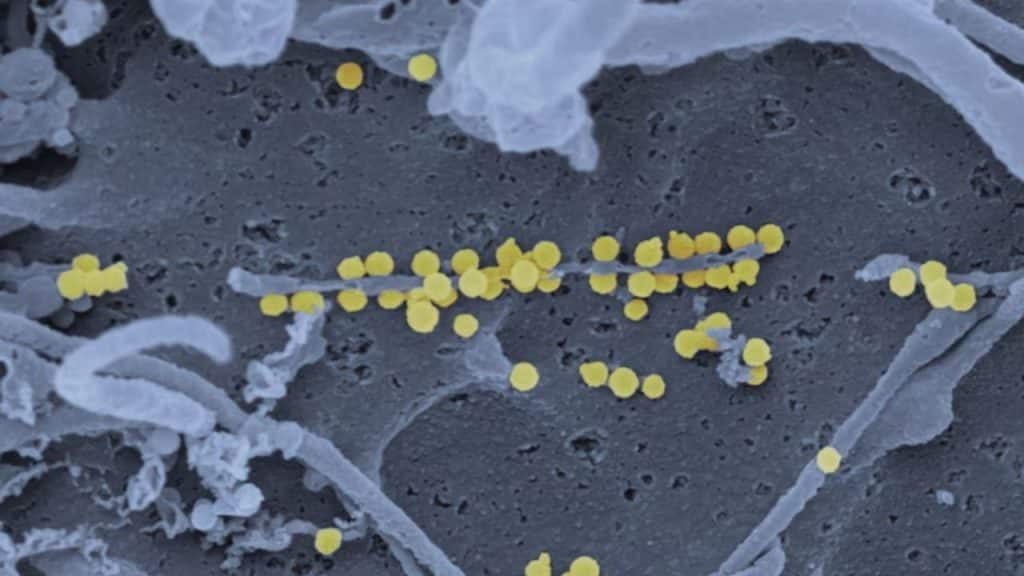
Too much protein that isn’t properly absorbed may ferment in the gut. This can lead to an overgrowth of harmful bacteria. Symptoms include bloating, bad breath, and discomfort. Proper digestion is the key, not just high intake.
Gut Health Affects Testosterone

Inflammation and gut dysbiosis from poor diets can reduce testosterone levels. Hormonal health is linked closely with gut function. If you’re struggling with energy or libido, your protein choices might be part of the problem. Food affects far more than just muscle.
Not All Protein Is Created Equal

Processed meats and poor quality protein powders can cause more harm than good. Quality matters more than quantity when it comes to nutrition. Organic, minimally processed options support both muscle and digestion. Don’t just count grams, evaluate the source.
Excess Protein Can Weaken Kidney Function

While healthy kidneys can handle higher protein, consistent overconsumption can stress them. This especially matters if you’re dehydrated or have any underlying kidney issues. Check in with your doctor before going full carnivore. Moderation helps protect long term health.
Fermentation Fights Back

If you experience bloat after protein meals, try adding fermented foods. Sauerkraut, kimchi, and kefir introduce good bacteria into your gut. These can ease digestion and balance the effects of heavy meals. Small additions make a big difference.
You May Be Eating Too Much, Period

Many men eat more protein than their body actually needs. The excess doesn’t turn into muscle, it often turns into waste or gut issues. Use a calculator or nutritionist to personalize your needs. More isn’t always better.
Listen to What Your Gut Is Telling You

Persistent bloating, cramping, or irregularity isn’t normal. Your body might be signaling that your protein habits need adjusting. Keep a food journal to track patterns. Gut discomfort is feedback, not failure.
You Can Still Be Strong Without Gut Trouble

Smart men are now focusing on balanced nutrition, not just protein chasing. Plant forward diets, mindful eating, and gut friendly habits are rising. The new strength standard includes digestion, energy, and resilience. Muscle is great but gut health powers everything.
Practical Fixes to Rebalance Your Gut

Add fiber rich veggies to every meal. Limit processed protein snacks. Stay hydrated and include fermented foods weekly. Slowly reduce excess animal protein and introduce more legumes, greens, and whole grains.
Real Strength Starts in the Gut

Your gut influences energy, immunity, and performance. A protein obsession might be slowing you down more than you realize. Balance is the smarter flex. Eat for long term gains, not just muscle but total health.






Ask Me Anything